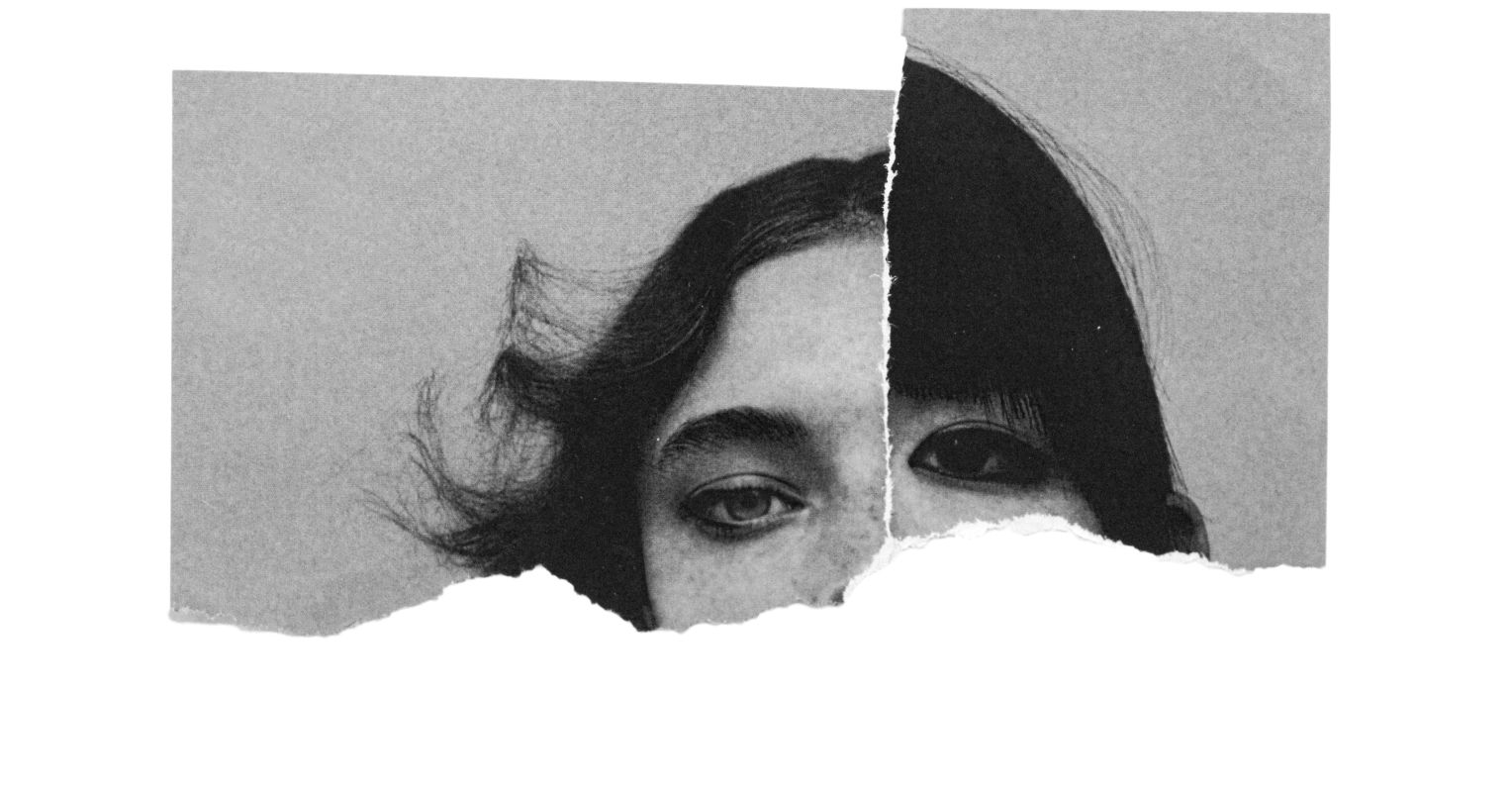
"DID is a prime example. The idea of having "alters" fascinates many people online-and even seems desirable in some circles. This romanticization, however, ignores a crucial reality: genuine DID is profoundly debilitating, not glamorous."
"Yet this welcome shift has generated unintended consequences: pop-diagnosing, over-pathologizing, and a tendency to develop a victim mentality. People have been parading psychiatric labels like badges of honor, often without grasping their true implications."
The article discusses the concerning rise in self-diagnosed Dissociative Identity Disorder (DID) fueled by social media. While therapy's normalization is positive, it has unintended consequences, such as pop-diagnosing and over-pathologizing mental health. The author highlights that genuine DID is debilitating, contrasting it with common dissociative experiences. The romanticization of DID on platforms creates misunderstandings about its complexities, emphasizing the difference between mere mood shifts and true identity fragmentation.
Read at Psychology Today
Unable to calculate read time
Collection
[
|
...
]